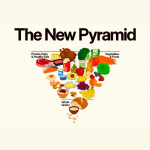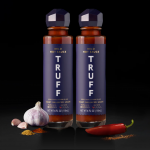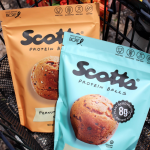Bar Rescue: How Elavi Pulled Off Its Product Pivot
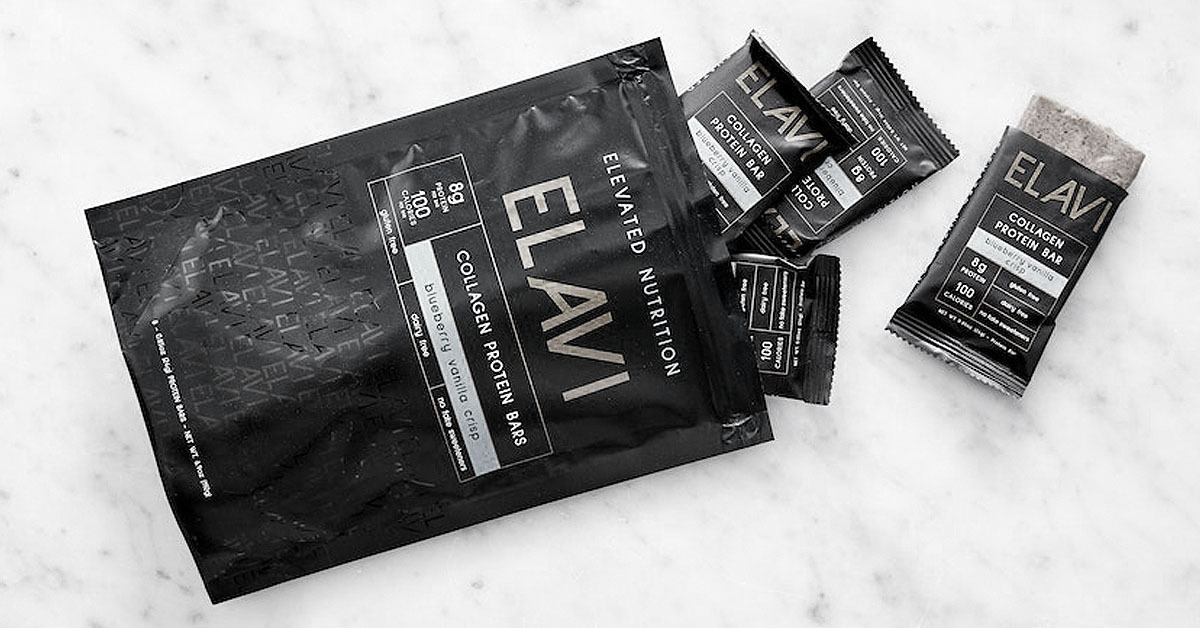
Better-for-you snack brand Elavi is no longer in the bar business. After three years selling its four-SKU line of collagen protein bars, co-founders Michelle Razavi and Nikki Elliott discontinued and sold out of their last products in September.
The move will allow the brand to focus on scaling its secondary line – shelf stable Dessert Cashew Butters launched in Blue Vanilla Frosting and Chocolate Fudge flavors a year after Elavi debuted with bars. Razavi explained that the team had been trying to project a path where its bar business would ever emerge out of the red. The product – made with a combination of grass-fed bovine collagen, almond protein, buckwheat and dates – was shelf-stable but expensive to produce due to the premium ingredients and hard to keep at its optimum quality without any preservatives or refrigeration.
Shifting to a more streamlined foundation for the business was the right move, but still the duo struggled with the decision to “effectively cut its first child.”
External Factors Informed The Decision
Despite the challenges, Elavi’s bars had gained some traction. The line performed well at gyms and fitness centers like Life Time Fitness and Equinox, Razavi noted, as well as in Google Office spaces. The product had also made it on shelf at a range of specialty and independent stores as well as grocery retailer Erewhon. But Amazon remained the product’s highest grossing sales channel – a platform that brought its own unique challenges to getting bars to consumers.
“The writing was on the wall during summer shipping – we had meltable chocolate chips and we couldn’t sell them on Amazon,” said Razavi. “So from a revenue impact [perceptive] we are losing money in that we can’t sell on one of our top channels for four months out of the year… and [if we do,] we’re risking a poor customer experience.”
Elavi also soon faced another issue, this time around its key ingredient. Advisor and RxBar co-founder Jared Smith told the brand that while consumer interest in collagen had grown over the five years prior to the Elavi’s launch, demand had been declining by the time the bars reached the market. Razavi also looked at the broader collagen bar market and said the sluggish performance of big names in the collagen with similar products, like Vital Proteins and Bulletproof, were a clear indication Elavi’s collagen protein bars would not be a top-performer.
“Even if we were the best collagen protein bar [on the market], the fact that these other ones with bigger names we’re not doing a good job and people are not liking their products – that is an uphill battle,” she said. “That was a [large] part of the decision – do we want to run uphill with a backpack on or be sprinting downhill?”
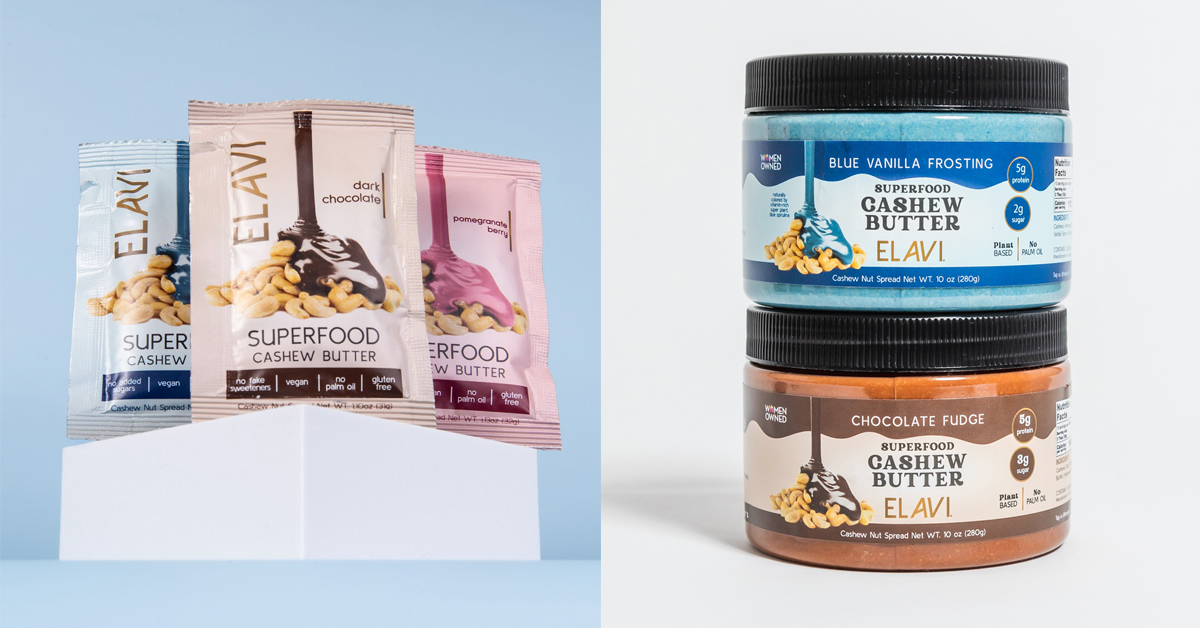
Assessing The Impact On Internal Operations
The team also mapped out the internal resources, time and capital required to get the bars made, and how those resources stacked up against the butter’s requirements. Razavi said that continuing to scale the bars along with the butters would require the company to hire at least one employee to assist Elliot with sourcing and supply chain management – capital the bootstrapped bar business did not have.
After making the assessments, Razavi said the decision to end the bars was “clear as day.” But when it came time to commit and start informing Elavi’s customers and stakeholders of the change the cofounders faced a query with a less clear-cut, advisable answer: “Can we release our ego and cut our first child?”
“It’s a very confronting conversation [to have with yourself] because it isn’t necessarily a failure, but it could be perceived as that… In fact, the best advice that we got was from Jared [Smith]: “You’re in the business of resource allocation and as a founder, that is your job,” Razavi said he told the team.
That advice set the plan in motion. Razavi began planning and curating a communication strategy for its retail, co-manufacturing and distribution partners, as well as investors, advisors and all other company stakeholders. Once those calls had been made, they shared the news with consumers via text and email updates, as well as on social media.
When they revealed the strategy shift to potential investors, those conversations also turned around and Razavi said they were able to secure “a few checks” from individuals hesitant to invest when the bars were still in the picture.
Bars Move Off the Balance Sheet
With its path cleared of immediate hurdles, Elavi has big plans to scale the business.
From a “pure cost perspective” the butters have a profit margin of 60 points, Razavi said, compared to the bars which were at 50% margin. The Cashew Butters are currently sold on Amazon for $14.99 per jar. That pricing was also a deliberate decision to boost revenue. According to Razavi, for products priced under $15 on the platform, Amazon’s commission structure goes down from about 15% to 8%. With its lower-margin bars, reducing the price from $24.99 per box to under $15 was never going to be feasible.
Elavi’s butters will also roll out in 16 Southern California Costco stores in Q1 2024, with the retailer offering the brand a two month rotation. The brand plans to launch a new shelf-stable, high protein, low sugar “permissible indulgent” snack line in January as well which Razavi believes could be slotted on shelf as a substitute for the bars.
“When you’re an emerging brand, you’re trying to figure it out and you’re testing a lot,” Razavi said. “Thank God we did because if we just stayed with protein bars, we would have been siloed and not known what was possible. We had to be a little bit awkward having two [very different] product lines while we validated the dessert spreads. But once we did and once we got Costco in the loop… that was it.”

